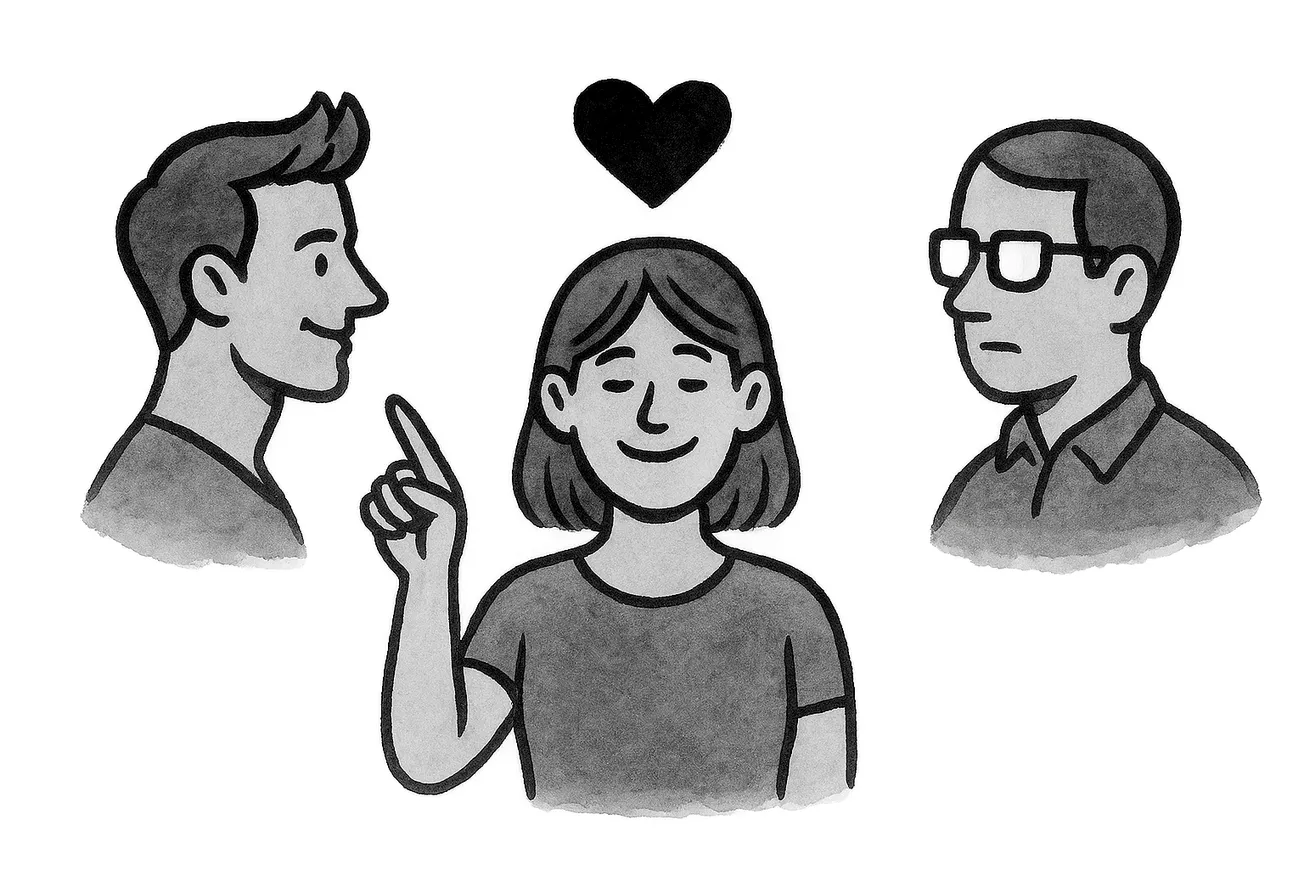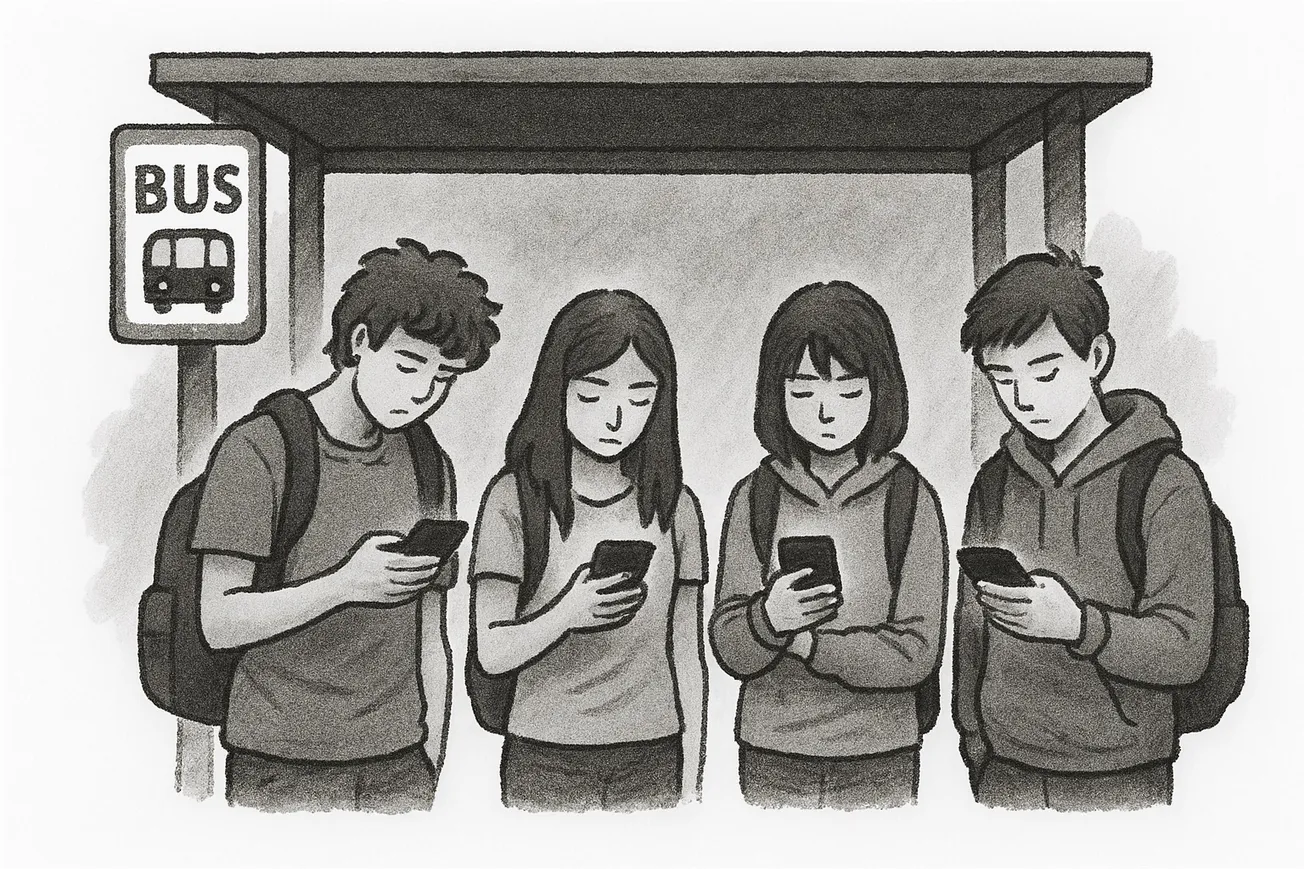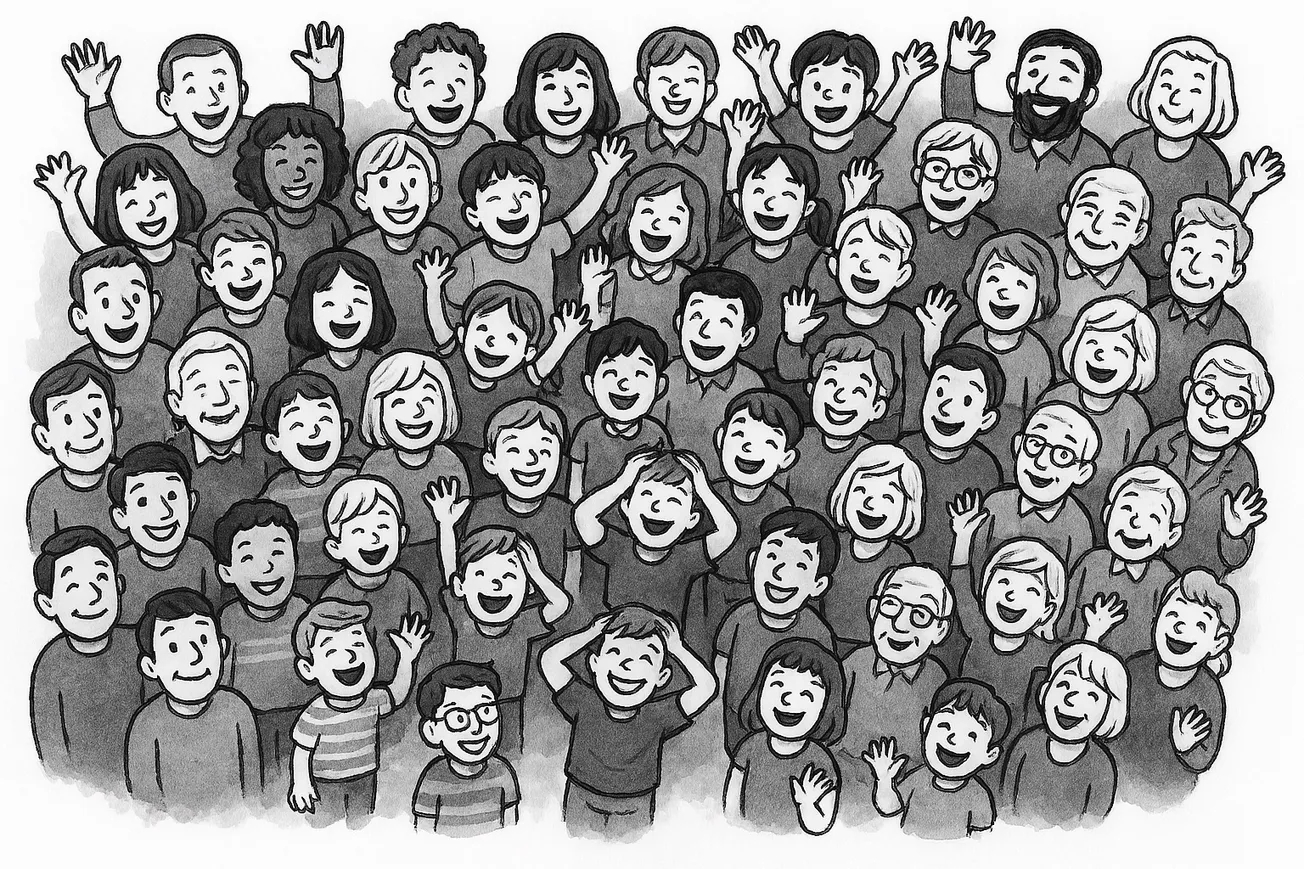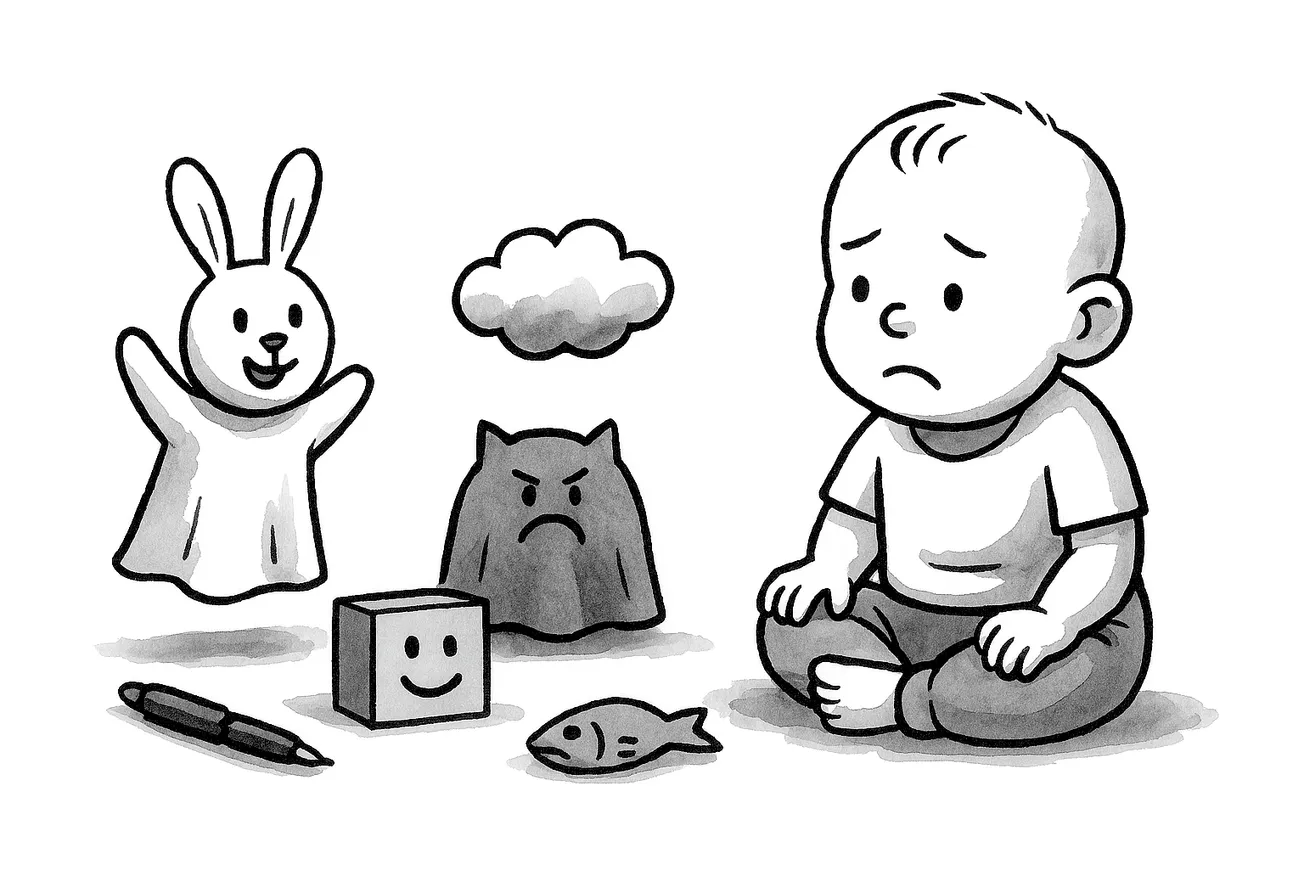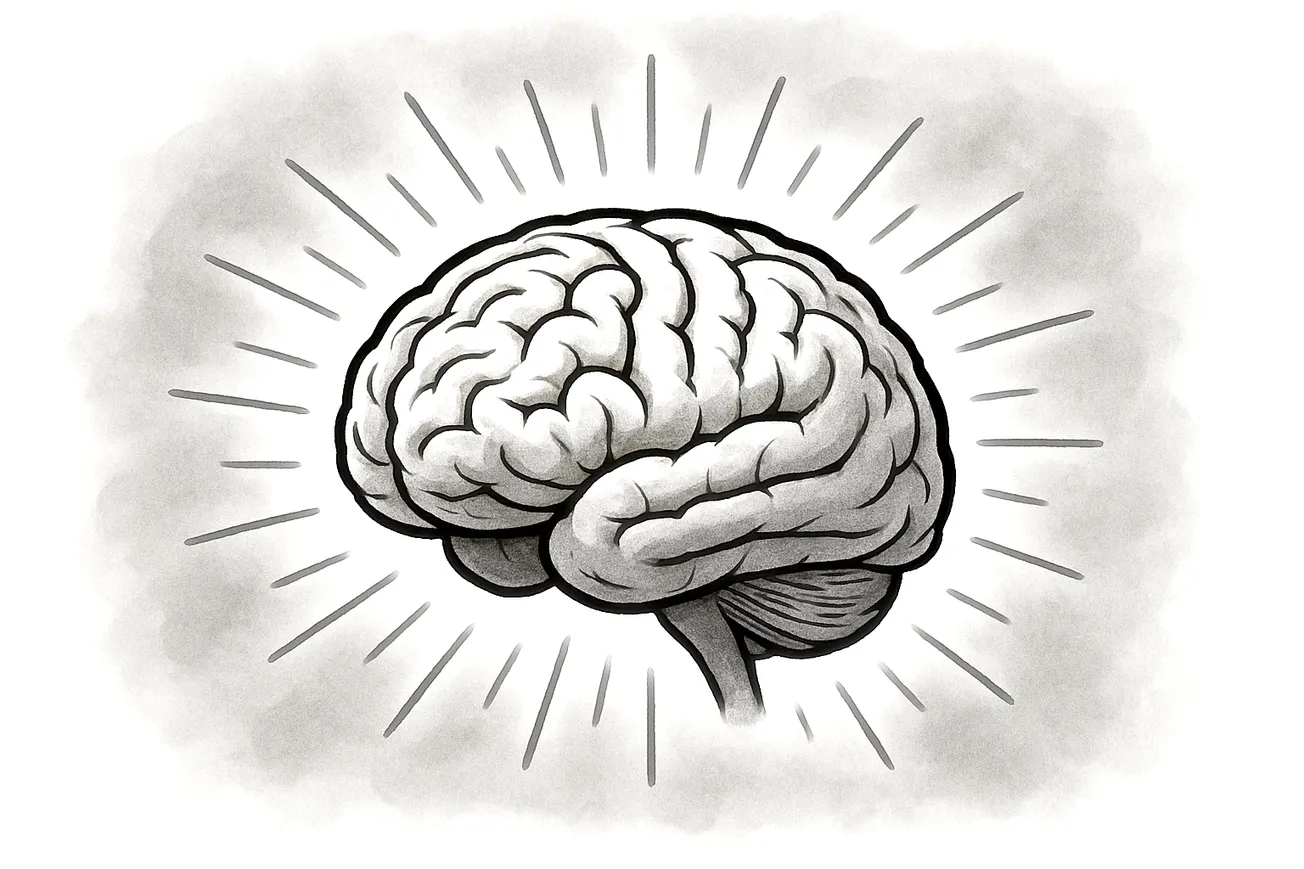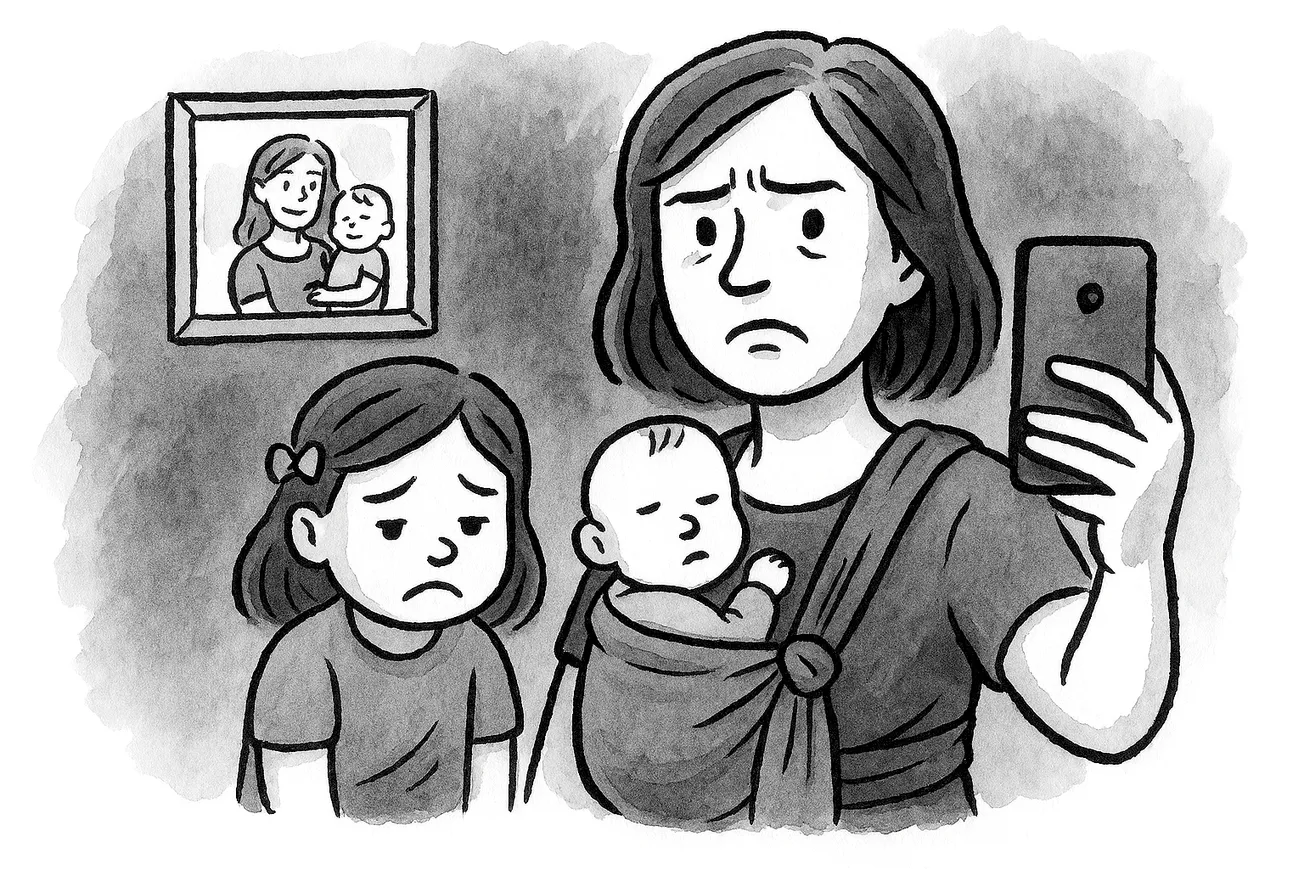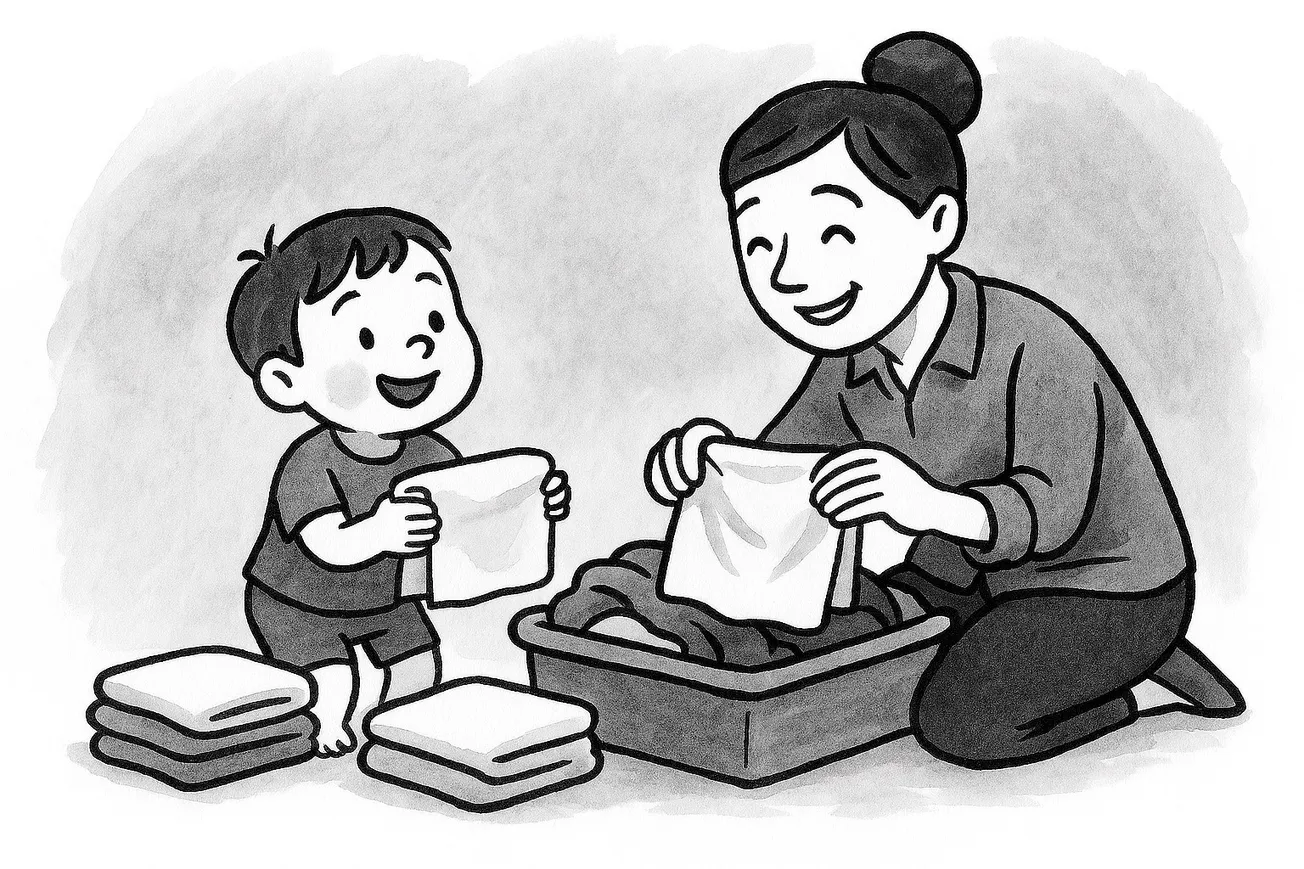Inhaltsverzeichnis
Despite what they say, both women and their parents choose physical attractiveness over intelligence when selecting potential mates, revealing a gap between stated preferences and actual choices.
A recent study published in Evolutionary Psychological Science examined how women and their parents make mate selection decisions when faced with trade-offs between physical attractiveness and intelligence. The research team, led by Madeleine A. Fugère, recruited 201 daughters (ages 18-33) and 187 parents, primarily mothers.
Initially, both daughters and parents claimed that intelligence was more important than physical attractiveness in an ideal long-term partner. This aligns with evolutionary theory, which suggests intelligence indicates resource acquisition potential.
However, when presented with actual choices between men of varying attractiveness and intelligence levels, the results told a different story. 72.6% of daughters and 59.6% of parents selected the more attractive man, regardless of his intelligence rating.
While both daughters and parents initially rated intelligence as more important than attractiveness in an ideal partner, their selections told a different story.
The study created four experimental conditions by pairing photographs of men (pre-rated for attractiveness) with either high or low intelligence ratings. Participants evaluated these potential mates and then had to choose between options.
Interestingly, daughters and parents agreed on their selections 73.8% of the time, showing less parent-offspring conflict than expected. However, when attractiveness and intelligence were in direct conflict, parents were more likely to choose the less attractive but more intelligent option.
The justifications for choices also revealed telling patterns. When the attractive man was also intelligent, participants frequently cited intelligence as their reason. But when traits conflicted, daughters emphasized physical appeal while parents highlighted intelligence.
The majority of daughters (72.6%) and parents (59.6%) chose the more attractive man, regardless of his intelligence level, suggesting that physical appearance exerts a stronger influence in constrained decisions than individuals consciously recognize.
This research reveals a significant gap between what people say they value and what actually influences their choices. Physical attractiveness appears to play a much stronger role in mate selection than people consciously acknowledge.
The study does have limitations, including its reliance on hypothetical scenarios rather than real-life dating decisions, which might affect how participants evaluate these trade-offs in practice.
Study Quality The study "The Relative Importance of Attractiveness and Intelligence to the Mate Preferences and Choices of Women and Their Parents" was conducted by Madeleine A. Fugère and colleagues, examining how 201 daughters and 187 parents evaluate trade-offs between attractiveness and intelligence in potential mates through experimental scenarios, published in Evolutionary Psychological Science. I would rate this study a 7/10 because while it uses a solid experimental design with good sample size, it relies on hypothetical scenarios rather than real-world mate choices, which limits ecological validity.
Sources

